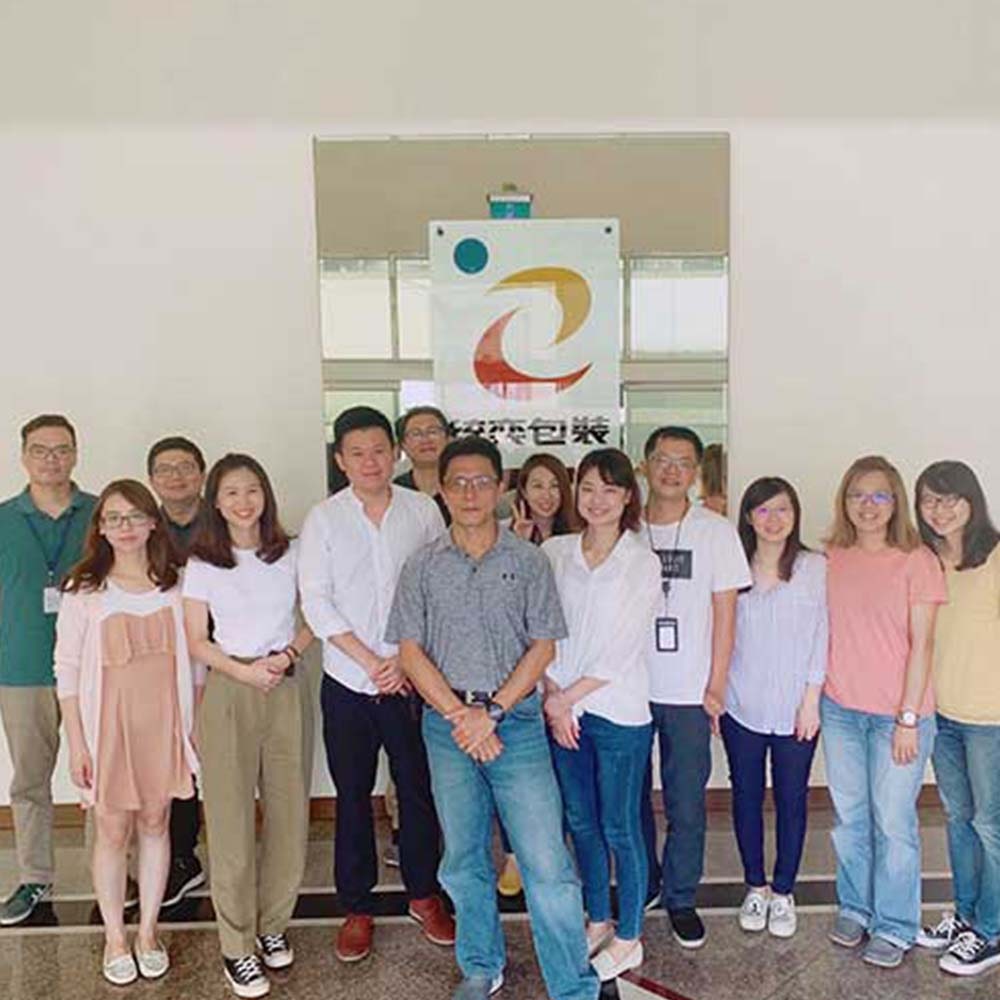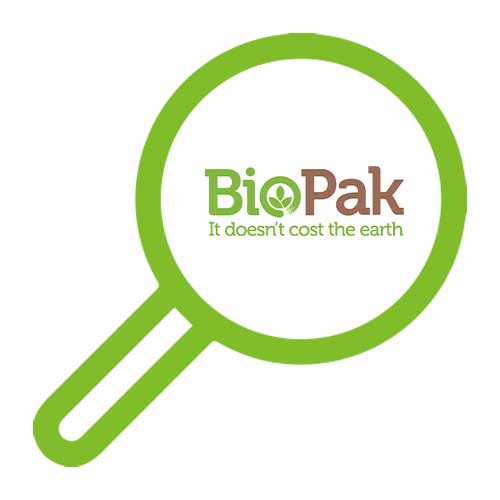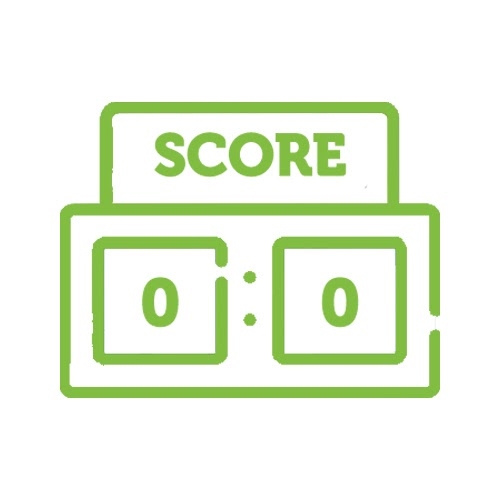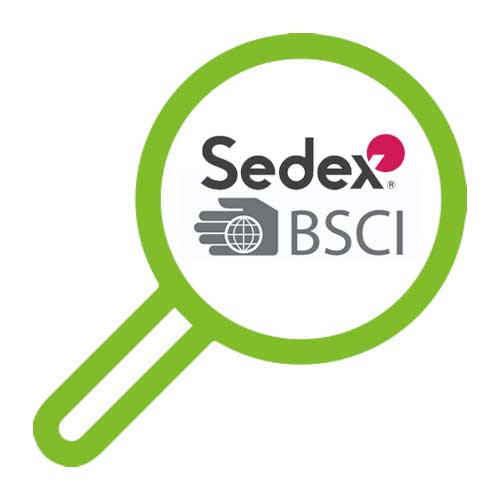“Modern Slavery” describes the crimes of human trafficking, slavery and slavery-like practices such as servitude, forced labour, forced or servile marriage, the sale and exploitation of children, and debt bondage. The United Nations and Walk Free Foundation estimate there are approximately 40 million victims of modern slavery around the world. 16 million of these victims are exploited in the private economy. Modern slavery can occur in every industry and sector. It is also often linked to other crimes and activities that adversely impact human rights, such as corruption and environmental damage.
Our Responsibility
We have a corporate responsibility to take an active role in addressing potential modern slavery risks associated with our business. This statement sets out the steps aimed to identify and mitigate modern slavery in our supply chain in accordance with the Australian Modern Slavery Act 2018.


Risks of Modern Slavery Practices in our Supply Chain
As a packaging brand that externalises manufacturing activities, it is important that we consider how our extended supply chain could potentially be linked to modern slavery.
The main risks identified in our operations and supply chains are:
- Supply Chain traceability and transparency: The degree of integrity to meet ethical practices at lower levels in the chain is harder to control (tier two -and higher- suppliers provide materials and products to the supplier at the next higher level). The accessibility of information relies on the relationships formed with manufacturers and requires shared values and full transparency.
- Supply coming from higher-risk countries: Supply coming from countries where it is reported to have a high prevalence of modern slavery or labour rights violations and other human rights violations.
- Working with suppliers in regions with temp workers: Working with suppliers in regions that employ temporary, seasonal and/or migrant workers.
- Demanding delivery timeframes: Delivery timeframes that might require suppliers to engage in excessive working hours or to rapidly increase workforce size.
Risk Mitigation and Due Diligence Processes
Building an ethical supply chain is a high priority for BioPak. To address the specific risks associated with our supply chain, we have designed and implemented the following processes, which are formalised in our Modern Slavery Policy.
- Long-term business relationships: We have long-term relationships with the majority of our manufacturers, which allows us to build trust and a commitment to continuous improvement.
- Supply chain mapping: We dedicate time and resources to continuously map our supply chain and understand how well our suppliers score in terms of social and environmental practices.
- Code of Conduct and initial evaluation: All our suppliers are required to comply with our Code of Conduct and complete a detailed self-assessment (“scorecard”). The scorecard is thoroughly assessed, and improvement is requested when our requirements are not met.
- Social audit program: Our suppliers are audited regularly by third-party auditors based on international standards(SMETA and BSCI) or by our major shareholder’s internal auditor. The frequency of audits depends on previous performance. Tailored support is made available to help our suppliers address areas of concern.
- Education: We educate our suppliers and all staff members on the topic of modern slavery.
As part of our FSC (Forest Stewardship Council) certification, we comply with Core Labour requirements specified in standard FSC-STD-40-004 V3-1.
Building an ethical supply chain is a high priority for BioPak. We have long-term relationships with the vast majority of our manufacturers, which gives us high levels of trust and commitment in regards to ethical practices. In 2018, we have hired an Environment and Sustainability manager with a background in supply chain management and sustainable sourcing. This has allowed us to raise the bar on our standards and measures to ensure our suppliers are consistently up to the mark.
As a result, we have thoroughly mapped our supply chain and updated some of our policies to create a robust due diligence system. All manufacturers are required to comply with our Code of Conduct and complete a detailed questionnaire which populates a scorecard. The scorecard is thoroughly assessed and improvement is requested when our requirements are not met.


Ethical Audit Program
While we rely on third-party audits based on international standards such as SEDEX or BSCI, in 2019, we started our own Ethical Audit program, in collaboration with our parent company, Duni Group. Both our Code of Conduct and Audit program are specifically designed to address the risks associated with our supply chain (see Risk section above).
Our Ethical Audit program has been suspended in 2020 due to the COVID19 pandemic but it will resume as soon as it is safe to travel overseas. In addition to the actual auditing, these visits, which involve a local consultant specialised in ethical audits and our Sustainability Manager, encourage a direct relationship and greater transparency. Last year’s audits have allowed us to provide targeted training to one of our factories, in the form of a three-day workshop led by our auditor. Our goal is to audit our top 20 suppliers by 2025 and work with our manufacturer to provide training resources where needed.
Measuring effectiveness
We have defined the following key performance indicators to measure how effective we have been in mitigating modern slavery in our business and supply chains.


Number of manufacturers that have been audited (social audit by a third party or internal auditor).


Year-on-year improvement of suppliers’ audit scores.


Number of manufacturers that have signed and returned our Supplier Code of Conduct and completed our scorecard.


Number of social workshops organised by our local auditor at our manufacturers.
Our Commitment
BioPak commits to act with integrity in all of our business operations and to actively implement the due diligence process and mitigation actions described above, to ensure human rights are respected in our supply chain.
Our full Modern Slavery Statement can be found on the official Australian Border Force website here.










